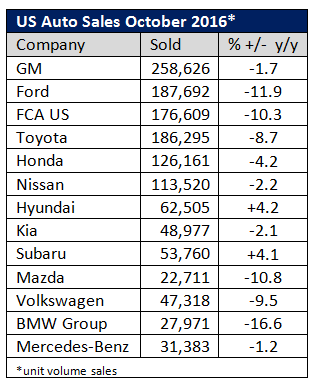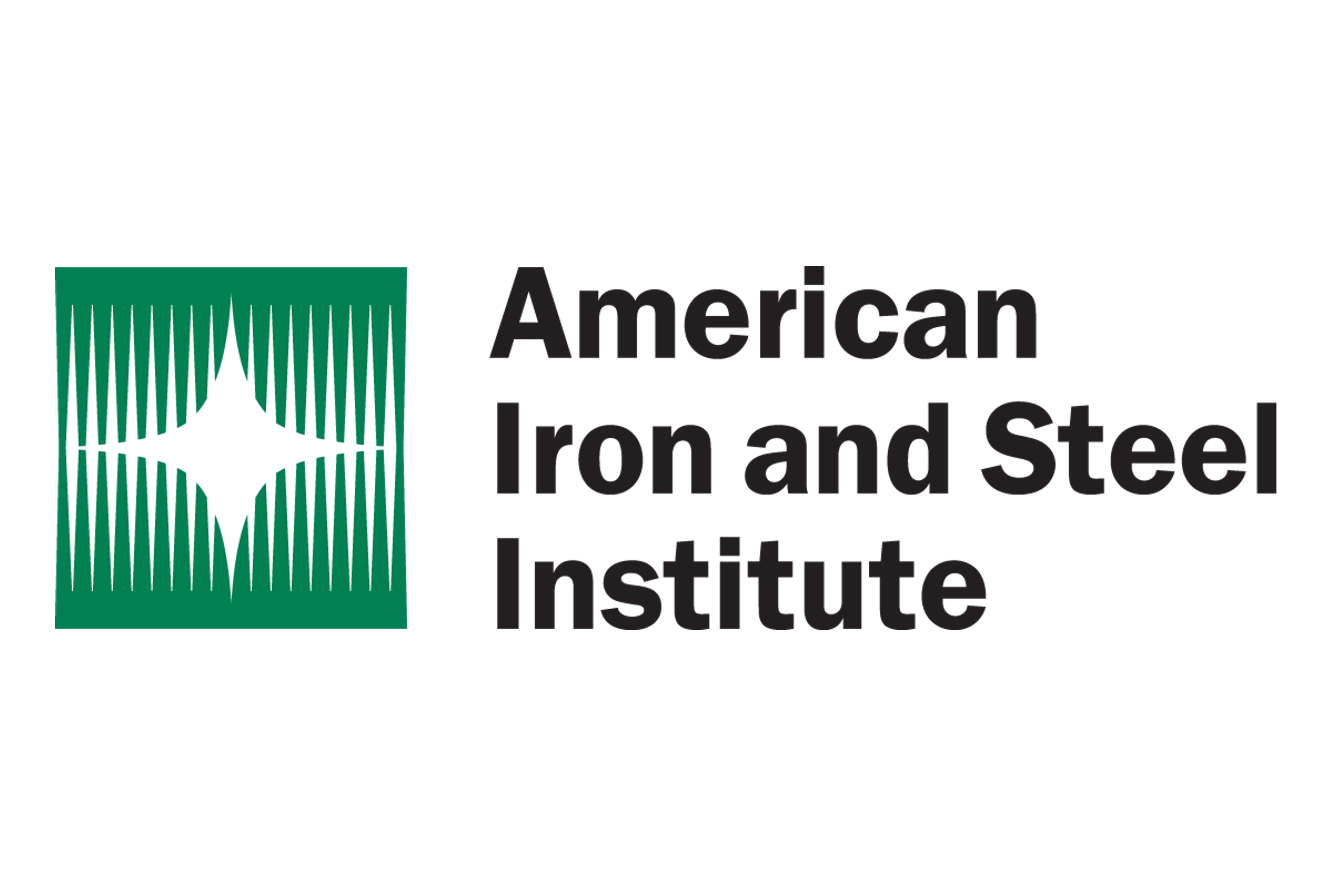Analysis

November 3, 2016
US Auto Sales Soften in October
Written by Sandy Williams
US auto sales were at their highest seasonally adjusted annual rate of the year. However, Ward Auto’s SAAR estimate of 17.9 million marked the third month that the SAAR declined year-over-year. The October 2015 rate was 18.1 million.
The year-to-date SAAR was 17.3 million, unchanged from the 10 month total in 2015, according to Wards, but is still on track to reach 17.4 million for 2016 and top last year’s record.
Most manufacturers saw sales decline from October 2015 levels. Subaru and Hyundai were exceptions, both growing just over 4 percent from last year.
The three month y/y decline is an indicator that automotive sales have reached their peak and the extraordinary growth trend is over. That said, automotive sales are still very strong and the steel industry is not expecting any significant changes in sales to the industry in 2017.
IHS Markit analyst Tom Libby commented, “Regardless of whether or not 2016 vehicle sales surpass last year, 2016 will turn out to be another very strong year for the industry, particularly from the perspective of the depths of the recession in 2009-11.” Libby told NPR, almost all of the companies are more profitable, and their products are higher quality. “It’s easy to lose sight of how far we have come from six years ago.”
SMU Note: To put the auto sales figures into some perspective, historically the auto industry considered 14.8 million units a good year for automotive. So, the 17.3 SAAR number is an excellent year for the auto (and steel) industry. The question now becomes where does the industry go from here?








